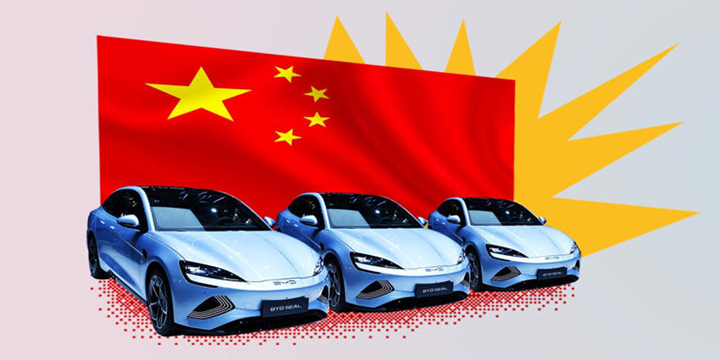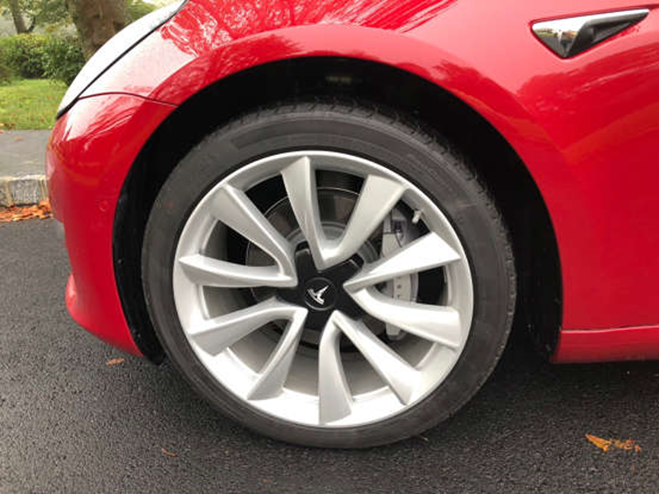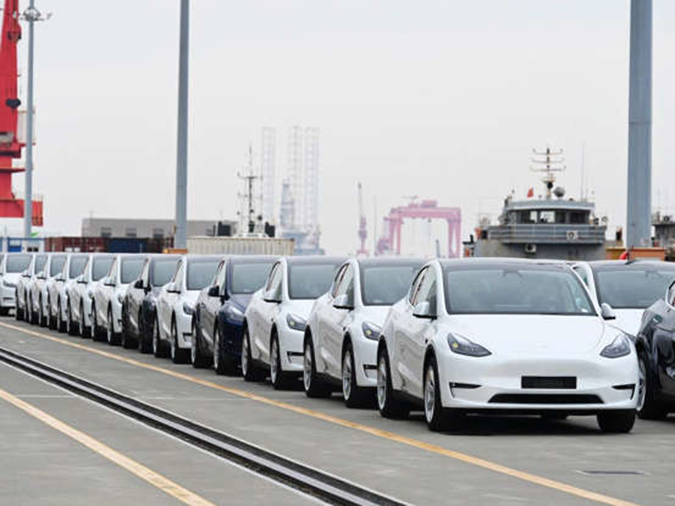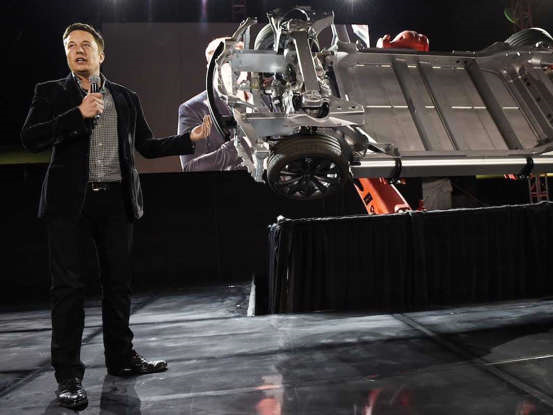
- Chinese brands have mastered quality and affordability on EVs.
- After years of eyeing the American market, Chinese brands are poised to arrive.
- Competition from Chinese brands is “very, very real.”
After years of preparation, Chinese car companies are poised to upend the US electric-vehicle market.
Industry watchers say it’s only a matter of time before Chinese automakers bring their impressive — and importantly, inexpensive — electric cars to the US. After years of threatening to set up shop on American shores, the companies are closer than ever to making the move to the US.
On their home turf, Chinese companies have already vanquished their American competitors, eating up market share from the likes of Ford and General Motors by offering better quality and less expensive electric cars for shoppers. They’ve started exporting a slew of brands to Europe too.
As Chinese car industry leaders like Nio and Geely eye a move to the States, the big question is can they overcome political frictions – and will American buyers go along for the ride?
“It’s going to be an interesting couple of years ahead to see whether Ford and GM and the like can stave off that Chinese competition coming in,” said Martin French, a managing director at the consultancy Berylls. “From what we saw at the Shanghai auto show this year, that competition is very, very real.”

It’s why the battery’s health and state of charge will be important to determine whether a second or third owner can expect an expensive replacement cost.
China’s EV industry has exploded in recent years. In 2022, US EV sales hit a new high of 800,000, while Chinese buyers snapped up some 5 million all-electric passenger vehicles. After years unchallenged, Tesla is about to lose its crown as the world’s largest EV maker to a Chinese company, BYD.
Toyota, Hyundai, now BYD
In the 1970s, Japanese car companies like Toyota and Honda swooped in with affordable and fuel-efficient vehicles that knocked US carmakers on their heels. More recently, Korean brands like Hyundai and Kia have been eating Ford and GM’s lunch on SUVs.
History may repeat itself. Chinese EV manufacturers can gain a foothold in the US by coming in at a budget price point, analysts said.

They have maintenance costs of $4,246 over 5 years of ownership, lower than the $4,583 estimate for gas-powered cars, according to a Kelley Blue Book assessment of the total cost to own an EV versus an internal-combustion engine vehicle.

While it’s still early days in the EV transition and battery replacements aren’t routine, it could be expensive — some estimates suggest as much as $15,000. That likely isn’t something a driver of a new EV has to worry about.
“Is it possible for Chinese companies to do what others have done before, only now with electric vehicles? The answer is absolutely,” Bill Russo, a former Chrysler executive and CEO of Automobility, a Shanghai-based advisory firm, told Insider. “Who doesn’t want affordable vehicles?”
But as political tensions between China and the US intensify, entry into the American market could be more painful for China than it was for Japan or Korea. In addition to general anxieties from consumers who may be less likely to support a Chinese brand, analysts said, lawmakers are likely to apply more scrutiny to any Chinese company with plans to operate in the US.
A Trump-era import tariff of 27.5% remains in effect on Chinese cars, while the Biden administration’s new tax credits for EV purchases favor vehicles built in North America with battery components that don’t come from China.
China is winning on prices
American brands, including EV leader Tesla, have long been promising a long-range EV option priced at or below $30,000. But progress has been slow, and sometimes regressive. GM plans to cancel the Bolt EV, America’s cheapest EV, by the end of 2023 and use that factory to build pricey electric pickups instead.
Meanwhile, Chinese brands are unmatched in affordability on their home turf and in Europe.
One of China’s most popular EVs is the Wuling Hong Guang Mini, a minuscule city car that costs the equivalent of roughly $5,000. At the Shanghai auto show last month, BYD launched a stylish, pint-sized hatchback called the Seagull with 190 miles of estimated range. Its starting price? Less than $11,000.
Tu Le, managing director of Sino Auto Insights, a consulting firm that specializes in the Chinese auto industry, says Chinese firms aren’t skimping on quality for the sake of affordability.
“They have the products to back it up,” he said. “I’ve driven a number of the Chinese EV brands, and boy oh boy, the Europeans are in trouble.”
But Chinese domination won’t happen overnight
Even when Chinese brands do hit American shores, it won’t happen all at once. These companies are likely to test the waters with low-volume launches and study the market before diving in fully. Of the dozens of brands that may want a slice of the pie, only a few will be able to sell in the US at any significant volume, Le said.
The carmakers most likely to break through first will be those that already have a global presence, Russo said: Geely and BYD. (BYD’s CEO recently said the company isn’t currently eyeing the American passenger-car market, but the company does already have a small commercial vehicle footprint here).
Polestar, a Swedish EV brand owned by Geely and Volvo, already imports from China. Nio, a startup, has announced plans to enter the US by 2025.
The next step: Set up manufacturing in North America, which Le expects Chinese firms to do once they snag a foothold in the market. The sheer size of the US car market means new entrants will need to build locally to compete seriously in the long term, he said.
“Americans think the tidal wave is coming from Silicon Valley. It’s not,” Le said. “It’s coming from both directions.”
Source: Business Insider
May 16, 2023


